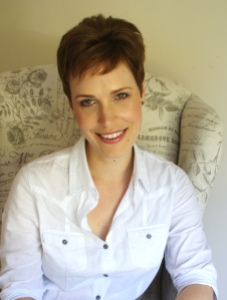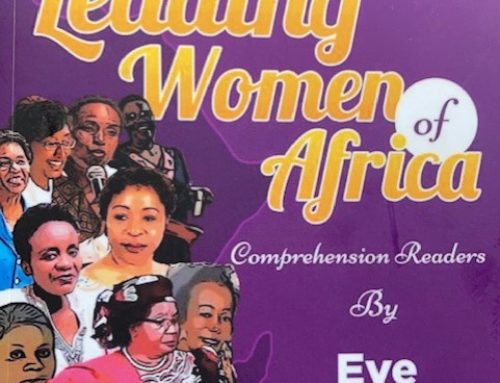The other day i wrote a post titled, ‘Do the Different Need a Disclaimer?’ in which i touched on how meeting someone with a disability or condition that makes them quite different to you can be challenging or scary in terms of not wanting to be awkward or embarrass them [or yourself] and my friend Michelle wrote a long comment in response. i asked her if she would upgrade it to a post as it felt quite crucial to this important conversation and this is what she sent me [which is one of the most powerful things i have read and had the privilege of sharing on my blog, thankx Michelle!]:
There is a huge culture of silence around encountering different bodies so thank you for posting an honest account of your reaction (internal as well as external) to this moment.
When trying to unpack some of the stuff around what I call “responding to difference” it’s hugely important to remember that those who embody the difference often experience silence as absolutely imperative to acceptance and easier relating.
This means that when encounters like yours happen (and they are bound to as we all move through our worlds) they hold an awful lot of baggage on both sides. Baggage which is most often unspeakable. Unspeakable because the so-called “able-bodied” are taught not to stare at difference and because the different are taught that value is found only in sameness.
What we’re left with then is embarrassment, guilt, awkwardness and silence on the part of both the different ones and the same ones and the nagging question of what constitutes difference or sameness anyway?
So what are we all supposed to do? Are the different bound to disclaim our difference upfront; “Sorry, I have no fingers”. I guarantee you the “sorry” will always be uttered – I’m sorry that for some reason out of my control my body won’t conform to sameness.
I want to say here that I believe that difference exists. It is a reality not a construction. This is actually a pretty torrid debate amongst disability theorists, many of whom claim that physical impairments are simply constructed as different in opposition to a dominant norm of sameness. So for example, these scholars have suggested that blindness is simply an alternate way to see. Interesting and mind-shifting but my personal belief is that eyes are meant to see and hands are meant to have fingers and so to lack these things is to be really different in real ways that make a real difference.
At a conference recently, a colleague who is quadriplegic said that when people meet him they never ask the normal questions that people ask other people (“what do you do?”, “are you married?”) they ask “what happened to you?” His different body automatically excludes him from work, love, relationships and he is reduced to “a bad thing that happened”. Difference is allowed to eclipse everything else about him and mostly dominates any relationship going forward.
So different people exist in a tricky place between real difference that makes a difference and, at the same time, wanting to be recognised for the sameness parts of us, the shared humanity of things like the music we like and the places we’ve been and the people who are our children and spouses and friends. Not to mention the ways that difference in itself is part of what it means to be human and that vulnerability is an essential part, as much as we may try to deny it, of humanness. We could, in fact, shake anyone’s hand, skip the formalities and ask, “So, what has happened to you?” Somehow, the disability difference, written as it is all over bodies, invites this question more readily.
So, are you overthinking the hand-shake moment? No and yes.
No because this is a good kind of thinking (and not just thinking but speaking too). This kind of stuff has to be spoken about, debated and thought about. Otherwise, the silence continues.
Yes, because a hand-shake is essentially just a weird thing that people do when we meet each other to make some sort of tactile contact and that’s exactly what you did, albeit differently, in this moment. I work with a lot of people with various disabilities and always reach for hands when I meet people and sometimes those hands are different hands. Hands without fingers or fingers that can’t be extended. Of course, this is made more complicated by the fact that I can’t see but however things end up we have still managed to have the “Hi, I see you (except I don’t but you know what I mean)” moment of connection that people need to have.
I think every person is going to respond to their own difference differently depending on what their journey has held. The only possible way to get to know this is by building real relationships with people based around more than just their difference.
[To return to the original post, click here]
[To read more from Michelle who shares about living with a degenerative sight condition, click here]






Thank you Michelle for sharing this powerful post! I’ve learnt a lot from it, and am challenged to not be afraid of difference.
Intensely awkward to read because I want to be real and acknowledge the sameness (love, work, relationships, favourite foods etc) but I also want to be real about the differences without making them sacred cows or Things We Don’t Talk About. It is awkward, because I never know how sensitive someone is about their difference.
This is a phenomenal read. Thanks Michelle, for dispelling so much of the awkward and making it real. I see you.
[…] [One of the most incredible responses ever, thanks to my friend Michelle Botha] […]
[…] guest post on my friend Brett’s blog about responding to […]